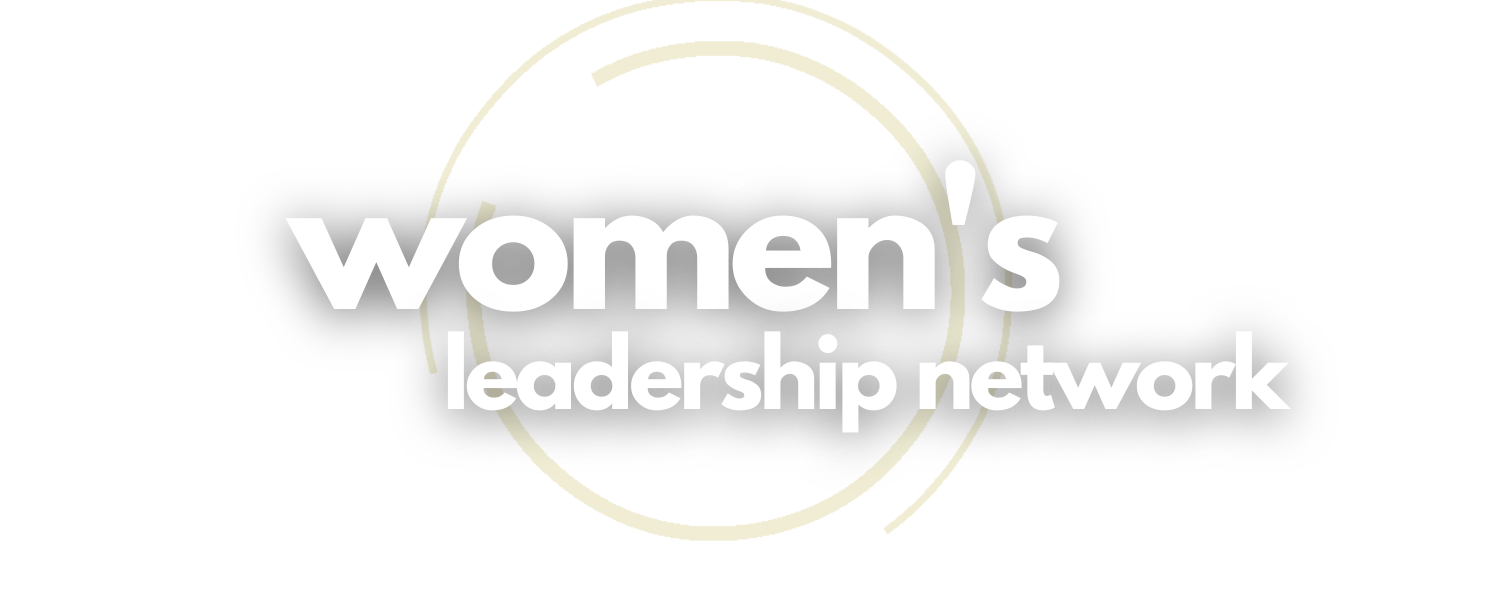Taking on your worst personal baggage.
We do have a degree of “choice” when it comes to coping. One person experiencing a set of circumstances may easily recover emotionally and another experiencing the same set of circumstances doesn’t. Much of it is up to you. You can pick up your baggage and carry it with you, or you can make the choice to live free of it, in a fresh, new moment.
We don’t all get the same bite at the happiness apple. Some people have much harder challenges and deserve sympathy, support and hope. But most of us sidetrack our joy by getting stuck in mid-level dramas or challenges that can either drag us down – or not.
So, pick a negative script in your head. Some sort of hurt or slight or challenge that you have been ruminating over for a little too long. Ask yourself: “How long am I going to let this story do damage to me?”

What to do to take charge of your brain
We all have stories that hold us back. Which one do you want to rewrite first?
- Write down a summary of the story you’ve been telling yourself.
- Ask yourself: How has this story hurt you?
- Take some time to come up with the three to five “talking points” of your new version of the story.
- What are the five positive things you can say that will reframe your experience?
- Now write your new story. The long version – not the short one.
- Ask yourself honestly: How much have you allowed your negativity to make you unhappy?
- If you are ready to feel better about this, make the decision and start writing affirmations that help you reframe your perspective.
But what does the science say about all this woo-woo stuff?
Psychology Today: To affirm or not affirm
Concluded that people benefit from self-affirmation and that it can easily be used to cope with everyday threats “and thus become agents in the maintenance of our own well-being.” Bottom line? This stuff works.
Oxford Academic:
Report of brain scans that showed that people who were using affirmations showed increased activity in key regions of the brain’s self-processing and valuation. It was used to predict behavior changes in response to affirmation.
University of Pennsylvania:
“Affirmation takes advantage of our reward circuits, which can be quite powerful. Many studies have shown that these circuits can do things like dampen pain and help us maintain balance in the face of threats.” Here’s why.
American Psychological Association:
Basically, affirmation’s are powerful tools to stop us from ruminating endlessly on our obstacles and negative thinking. Based on a study in the Journal of Personality and Social Psychology.
